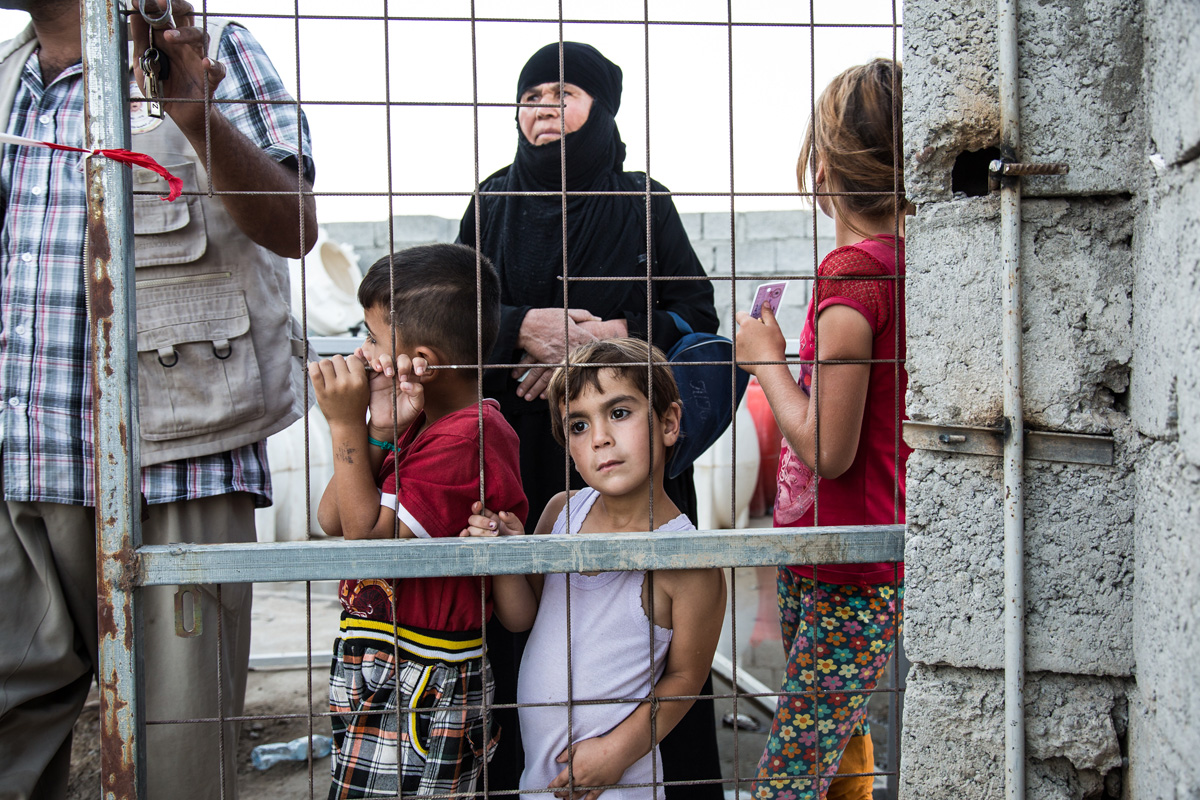-
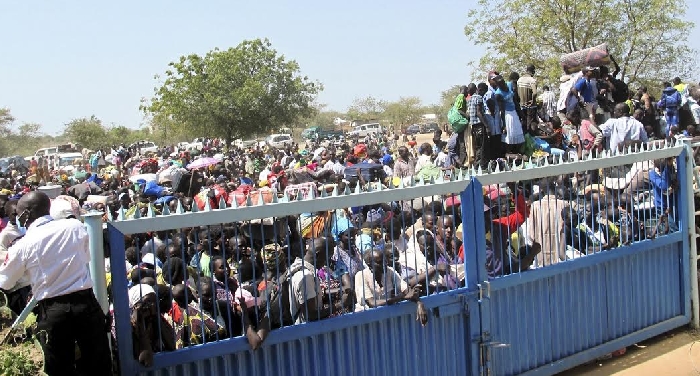
Museum Statement on Violence in South Sudan
December 20, 2013
The Museum expresses grave concern over reports that members of ethnic groups are being targeted for killing in South Sudan and warned of the potential for catastrophic violence if leaders of the country do not act quickly to contain their supporters.
-

The Fog of War is Patchy
December 10, 2013
Over at Foreign Policy‘s Peace Channel, Sheldon Himmelfarb of USIP has a new post arguing that better communications technologies in the hands of motivated people now give us unprecedented access to information from ongoing armed conflicts.
-
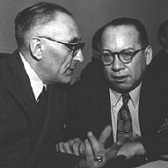
Sixty-Five Years Later: The UN Convention on the Prevention and Punishment of Genocide
December 9, 2013
Sixty-five years ago today, in the wake of the Holocaust, the UN General Assembly adopted its first-ever human rights treaty. The Convention on the Prevention and Punishment of Genocide obliges signatories to prevent genocide—defined as acts committed with the intent to destroy, in whole or in part, a national, ethnical, racial, or religious group—and to punish the perpetrators when it occurs.
-

Comparison Survey 2014: Assessing Risks of State-Led Mass Killing
December 1, 2013
Which countries in the world are most likely to see new episodes of state-led mass killing in 2014? To help us answer this question, we'd like you to participate in a pairwise wiki survey, the aggregated results of which will be made public on our program's web site when it launches early next year. Participation can take as little or as much time as you like, and even just a few minutes of your time will really improve our results.
-

Detecting Human Rights Violations with Satellites: CPG Fellow Proposes a New Approach
October 8, 2013
Satellite imagery is often used to verify reports of a mass human rights violation, such as the destruction of a village in a remote or inaccessible area, and current practice is generally reactive and costly. While serving as a Fellow of the Museum’s Center for the Prevention of Genocide, Dr. Andrew Marx tested a more proactive and cost-effective approach to using satellite imagery to detect mass human rights violations.
-
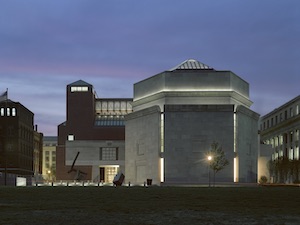
Do We Have a Responsibility to Protect?
October 3, 2013
In a wide ranging conversation, Mike Abramowitz, director of the Museum's Center for the Prevention of Genocide, and former presidential special envoy to Sudan, Richard Williamson, conclude unequivocally that policymakers and citizens all have a responsibility to act when faced with genocide or mass atrocities.
-
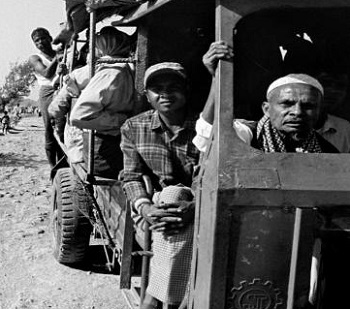
US Holocaust Memorial Museum Statement on the Situation of the Rohingya in Burma
September 24, 2013
Washington, DC—The United States Holocaust Memorial Museum today expressed its deep concern about the worsening situation of the Rohingya in Burma, also known as Myanmar. Long considered one of the world’s most persecuted peoples, the Rohingya, a Muslim minority in Rakhine State, have no legal status in Burma and face severe discrimination, abuse, and escalating violence.
-
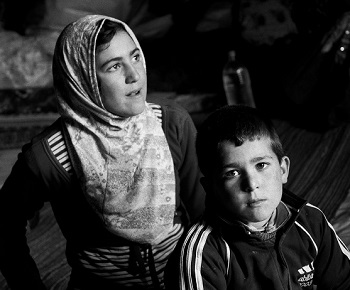
Does the United States Have a “Responsibility to Protect” the Syrian People?
September 6, 2013
It’s hard to see how the Responsibility to Protect (R2P) would not apply in the case of Syria, where more than 100,000 people have been killed, five million displaced from their homes, two million refugees sent fleeing, and numerous war crimes and crimes against humanity committed, including with chemical weapons, according to independent human rights monitors and the UN. Yet there is one person who has studiously avoided invoking R2P: President Obama.
-
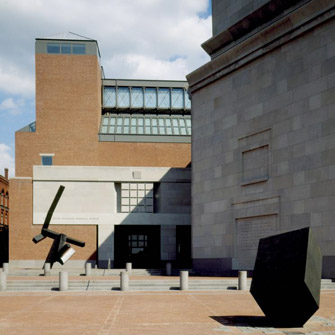
United States Holocaust Memorial Museum Statement on Syria
August 23, 2013
The United States Holocaust Memorial Museum today expressed deep alarm over the reports of a major chemical weapons attack on civilians in the outskirts of Damascus this week.
-

Patterns of Anti-Muslim Violence in Burma: A Call for Accountability and Prevention
August 23, 2013
An August 2013 Physicians for Human Rights (PHR) report expresses concern over the escalating violence in Burma against the Rohingya, a Muslim group long subject to persecution in the country, as well as other Muslims.
